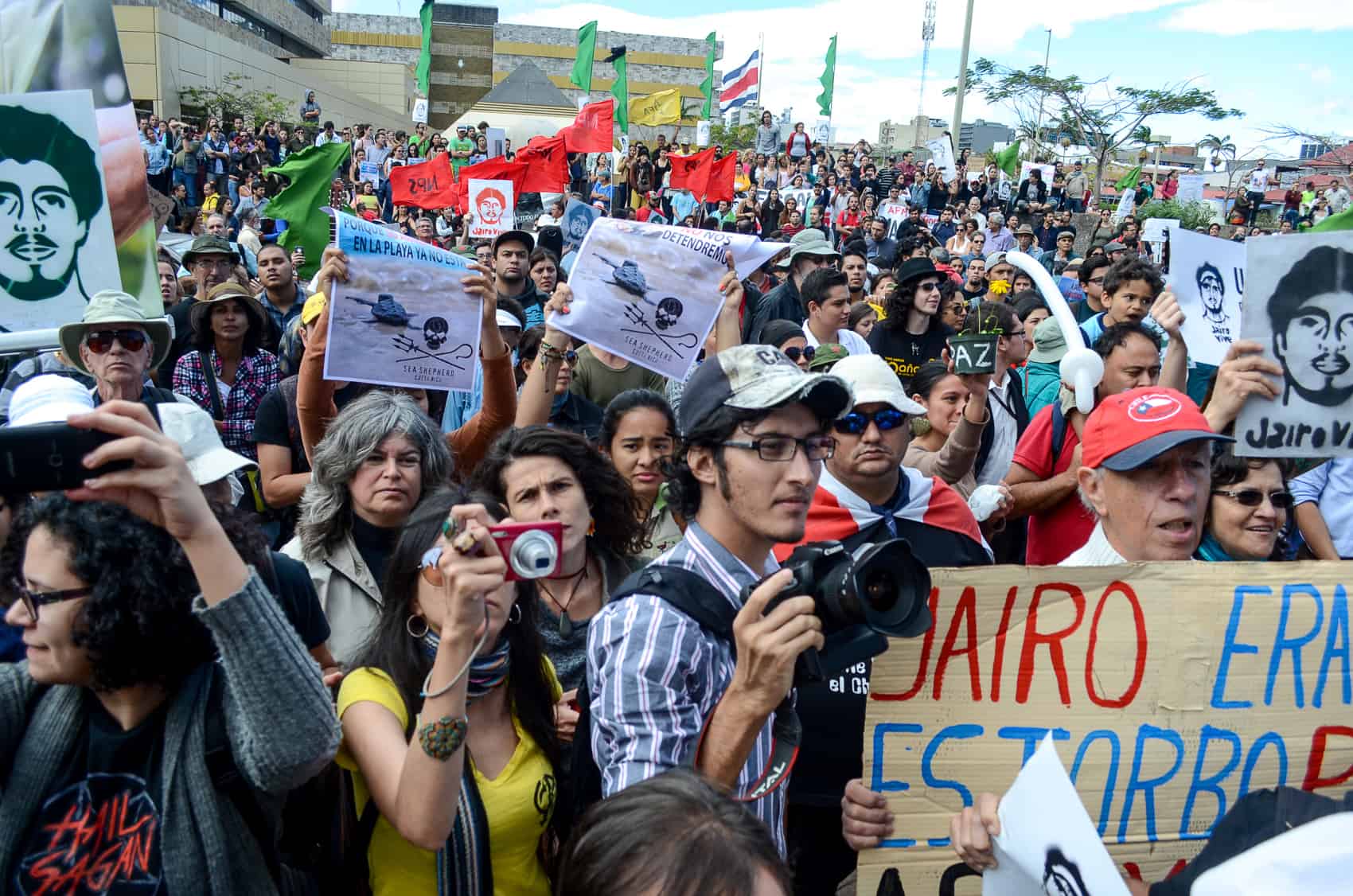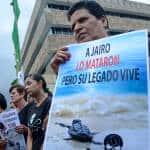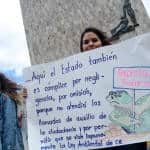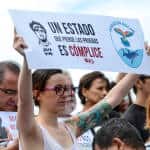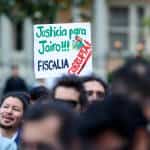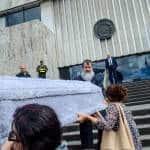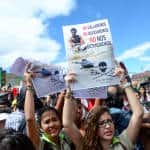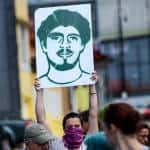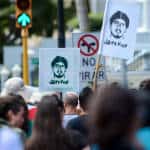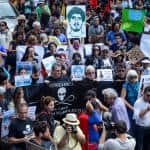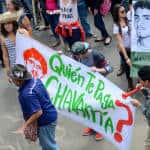Hundreds of protesters gathered Thursday in front of a court complex in the Costa Rican capital to express outrage over a verdict earlier this week that acquitted seven defendants of the 2013 murder of sea turtle conservationist Jairo Mora, who has quickly become an environmental martyr in this small Central American country known for its eco-tourism.
“We’re here to express our indignation, our pain and our rage for what happened with the Jairo Mora case. This assassination is not just any crime, and it’s not just another crime – it’s a political crime,” said former presidential candidate José María Villalta of the Broad Front Party.
A court in the Caribbean port city of Limón, 170 kilometers east of San José, on Monday blamed a shoddy investigation and prosecution that was “imprecise” and full of “ambiguities” in its decision to absolve the seven men of the homicide. Four of the defendants were convicted and sentenced in a previous kidnapping, rape and robbery case on the same beach where Mora was murdered.
¡Jairo Mora vive!
“Jairo Mora vive” and “Corrupt prosecutors” were some of the slogans demonstrators used on signs that urged the judicial branch of the government to seek justice in the case, and lawmakers to strengthen sentencing laws for crimes committed against environmental advocates.
“Our legislators are going to present several bills to create special protective jurisdictions for environmentalists, which includes placing them in protective programs with as little as a complaint of threats,” Villalta said.
The United Nations in Costa Rica joined a growing chorus of voices demanding justice in the case. Environmentalists and everyday citizens have called the not-guilty verdict a “national shame,” particularly in a country that makes millions of dollars selling itself as an environmentally friendly tourist destination.
See related: United Nations, environmental groups condemn verdict in Jairo Mora murder case
Mora worked to protect sea turtles on the northeastern Caribbean shore where he was killed on May 31, 2013. Four foreign volunteers also were kidnapped and released that night.
Mora’s killing sparked national and international outrage, and the criminal trial was watched closely around the world. Environmentalists cite it as a glaring example that their work is often dangerous, and the government has done little to protect them.
The case likely will go through a lengthy appeals process.
Costa Rica’s chief prosecutor, Jorge Chavarría, and the director of the Judicial Investigation Police, Francisco Segura, both came under fire this week for the dismal performance of their agencies during the investigation and trial. Two legislative commissions called Chavarría to testify, but on Thursday morning, Costa Rica’s Constitutional Chamber of the Supreme Court agreed to review an appeal filed by Chavarría to block his testimony at the Legislative Assembly, the daily La Nación reported.

